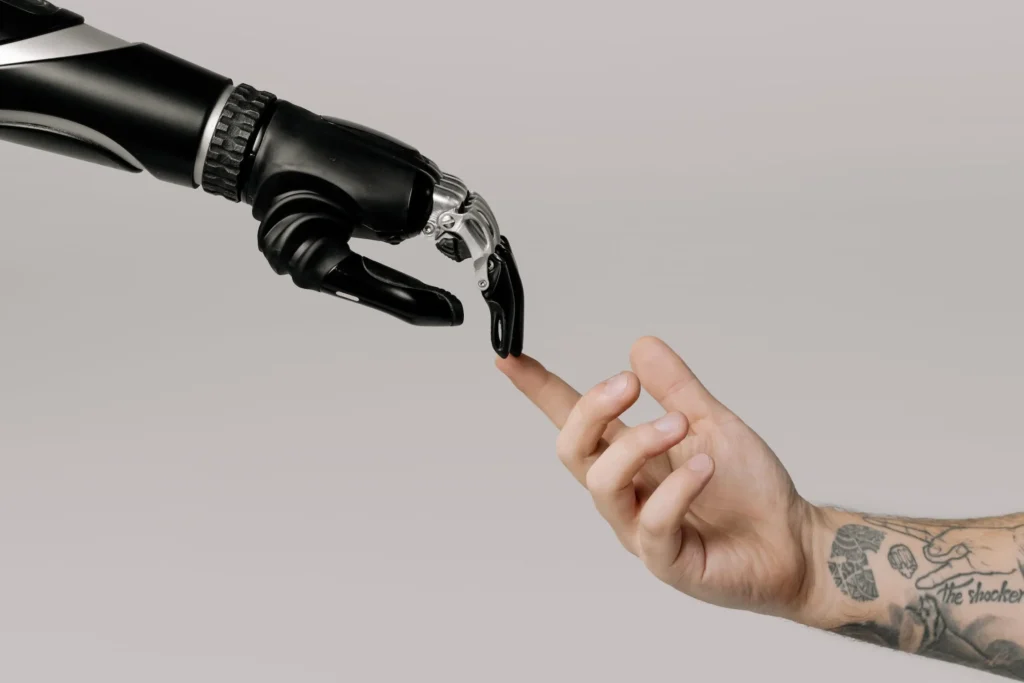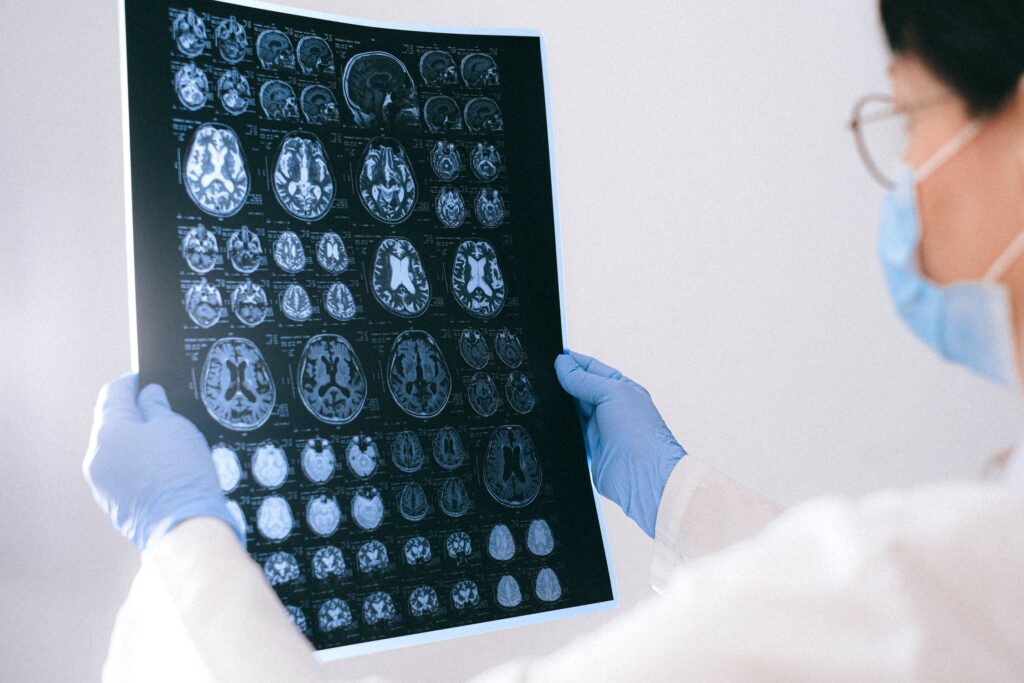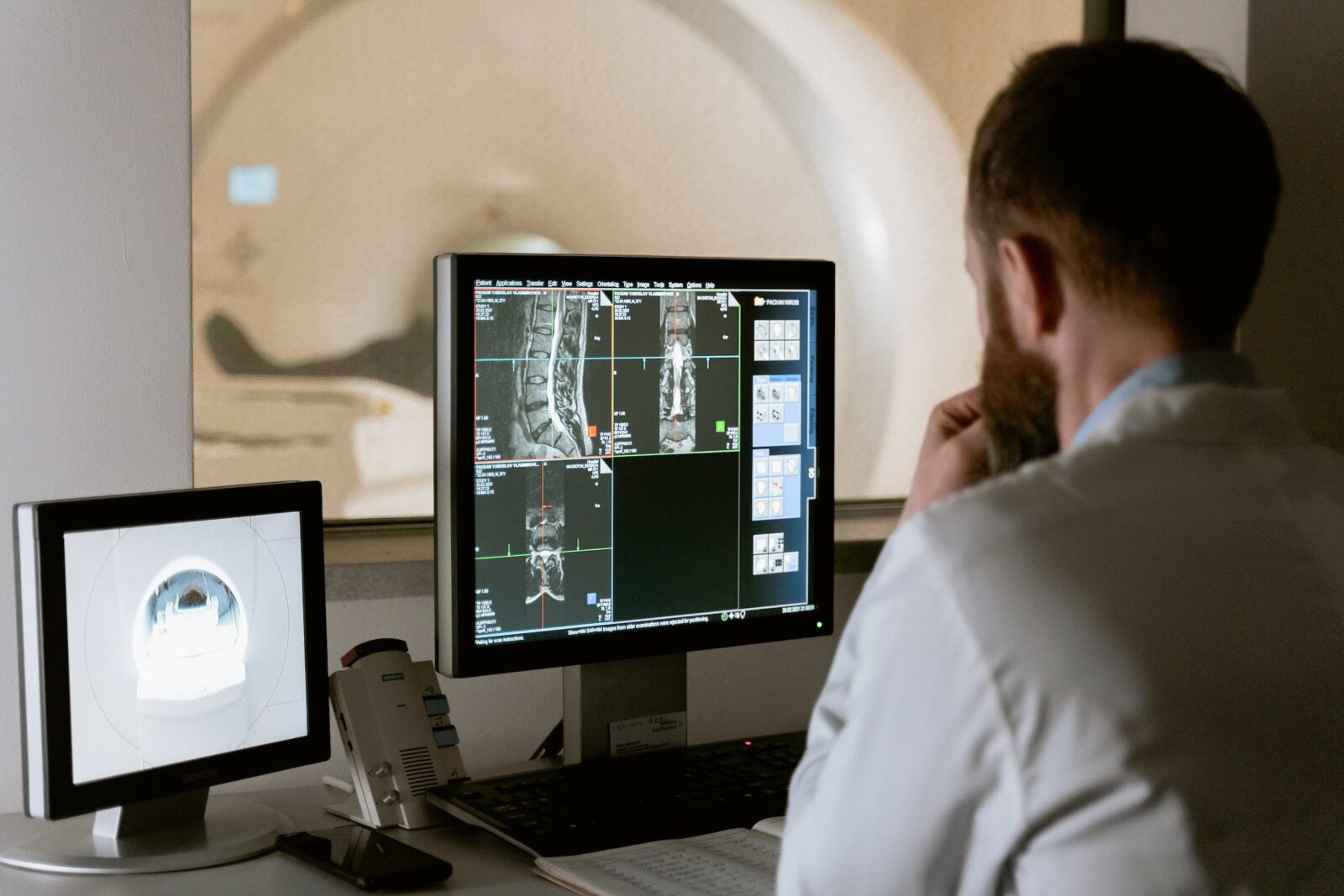Healthcare is essential to human well-being, and advances in medical technology have resulted in considerable improvements in worldwide health outcomes. Nonetheless, significant obstacles remain to providing everyone with accessible and inexpensive healthcare. By providing novel answers to some of these difficulties, artificial intelligence (AI) can change healthcare. AI can create individualized treatment plans, increase diagnostic accuracy, and expedite administrative processes because of its capacity to process massive amounts of data rapidly and accurately. AI has the potential to save healthcare costs, improve efficiency, and improve patient outcomes. Yet, there are still obstacles to applying AI in healthcare, such as legal constraints, data quality concerns, and public distrust.

Artificial intelligence (AI) is revolutionising several industries, including healthcare. AI has a massive and far-reaching impact on healthcare. AI is altering the face of healthcare, from tailored medication to speedier diagnostics and better patient outcomes.AI can transform the way healthcare practitioners give care. Healthcare workers can use AI to generate faster and more accurate diagnoses, create individualised treatment plans, and enhance patient outcomes. In this post, we will look at how AI is affecting healthcare. Healthcare is an obvious industry in which to use AI. It creates massive amounts of data, spends large sums of money on it, and there are numerous chances to improve the quality of its products and services by making them more intelligent and intelligible.
It is folly to think of healthcare as a unified whole. Will Smart, the former CIO of the NHS in England, points out that healthcare performs the functions of many other industries, including hotels, catering, research, professional services, janitorial services, logistics, manufacturing, and many more.What types of AI should healthcare executives be looking into? Robotic process automation (RPA) is one of the three AI strands making the most progress outside the tech titans. Most countries’ healthcare systems are massive, bureaucratic operations. Thus RPA would be a natural application. But Smart thinks you would need help finding many healthcare firms embracing RPA. It may improve efficiency, but it isn’t flashy or thrilling and won’t cure cancer.
Healthcare is a critical component of society, and AI can revolutionise it. AI can improve patient outcomes, accelerate diagnostics, and provide individualised treatment regimens. This post will cover healthcare’s importance, how AI affects healthcare, and the possibility of future advancements. As a result, Web Capitals will describe in detail how AI is altering healthcare, including its role in diagnosis, treatment, and prevention, throughout this article.

How Artificial Intelligence is currently being used in healthcare
AI is now applied in healthcare in various ways, from diagnostic tools to drug research to predictive analytics. Following are some instances of AI in healthcare applications: Diagnostic tools: Artificial intelligence algorithms can evaluate medical photos and discover potential health issues that are not obvious to the naked eye. AI, for example, can aid in detecting malignant tumours and the early detection of cardiac problems. This can help up the diagnosing process and improve patient outcomes.
Robotic surgery: Artificial intelligence-powered robots can perform procedures with better precision than human surgeons, lowering the risk of complications and shortening patient recovery times.
Drug development: Artificial intelligence (AI) can assist in identifying possible therapeutic targets and predict the effectiveness of new medications, speeding up the drug research process and leading to more effective treatments.
Predictive analytics: AI algorithms can find patterns and predict probable health risks by studying massive volumes of patient data. This allows healthcare providers to intervene earlier and prevent more significant health problems.

The potential impact of Artificial Intelligence on healthcare
Correct Diagnosis: AI can scan massive volumes of medical data, such as medical pictures and electronic health records, to detect trends and properly diagnose diseases. This can result in faster and more accurate diagnoses and better patient outcomes.
Customised Treatment Plans: AI can also be used to create customised treatment plans based on the unique characteristics of each patient. AI algorithms can find the most effective treatment alternatives for a patient based on their medical history, genetics, and lifestyle factors.
Better Patient Outcomes: AI can assist healthcare providers in monitoring patients in real-time and intervening when necessary. This can help to keep health problems from worsening and improve patient outcomes.
Challenges to implementing Artificial Intelligence in healthcare
While AI can potentially transform healthcare, substantial difficulties must be overcome before it can be completely adopted. The following are some of the obstacles to adopting AI in healthcare:
Technological Difficulties:
Data Quality: For AI to work properly, it requires high-quality data. Yet, healthcare data is frequently fragmented, partial, or erroneous, making it difficult to train AI algorithms successfully.
Interoperability: Because healthcare data is frequently kept in disparate systems and forms, it is challenging to share and evaluate. Interoperability is required for AI to access and analyse data from many sources.
Regulatory Obstacles: The healthcare regulatory environment is complex and heavily regulated, making designing and deploying AI solutions challenging.
Cultural and Social Difficulties:
Doctors are notoriously reluctant to new technologies, and AI is no exception. Many doctors may hesitate to use AI because they are concerned about its dependability, accuracy, and job security.
Public Mistrust: There needs to be more understanding and trust in AI, which could lead to resistance to AI in healthcare. People may be concerned about privacy, bias, and possible errors in AI-powered healthcare solutions.
Ethical Concerns: AI in healthcare poses ethical questions about patient privacy, bias, and the lack of human connection.
To overcome these obstacles, healthcare companies must work with stakeholders from all parts of the healthcare ecosystem, including physicians, patients, policymakers, and technology providers.
They must also invest in creating high-quality data sources and AI algorithms that are transparent, explainable, and reliable. Additionally, healthcare organisations must address the ethical problems raised by AI by developing clear ethical norms and ensuring the privacy and rights of patients are respected. Finally, they must educate the general public and healthcare professionals about the benefits of AI while also working to develop trust in AI-powered healthcare solutions.

Future directions in AI and healthcare
Emerging technologies such as quantum computing and blockchain are beginning to make their way into the healthcare industry, and they have the potential to impact healthcare outcomes significantly. Quantum computing has the potential to revolutionize healthcare by enabling healthcare providers to analyze vast amounts of medical data quickly and accurately. With quantum computing, healthcare providers can process data faster and more accurately, leading to more accurate diagnoses, personalized treatment plans, and better patient outcomes.Blockchain technology can improve the security and privacy of patient data by creating a tamper-proof record of patient information. This can lead to improved data security and privacy, critical components of a robust healthcare system.
With the widespread adoption of AI in healthcare, we can expect significant changes in the healthcare industry. Patients will receive more personalized care, and healthcare providers will be able to make more accurate diagnoses and develop more effective treatment plans. Healthcare will be more efficient and cost-effective, and patients will have more control over their healthcare decisions. We may see future AI-powered robotic surgeries, virtual reality therapy, and nanotechnology-based treatments. Patients may have access to personalized health coaches and wearable health monitoring devices that can provide real-time feedback on their health status.

In conclusion, emerging technologies like quantum computing and blockchain have the potential to impact healthcare outcomes significantly. With the widespread adoption of AI in healthcare, we can expect significant changes in the healthcare industry that will lead to more personalized care, improved patient outcomes, and a more efficient and cost-effective healthcare system.


























Leave a Reply